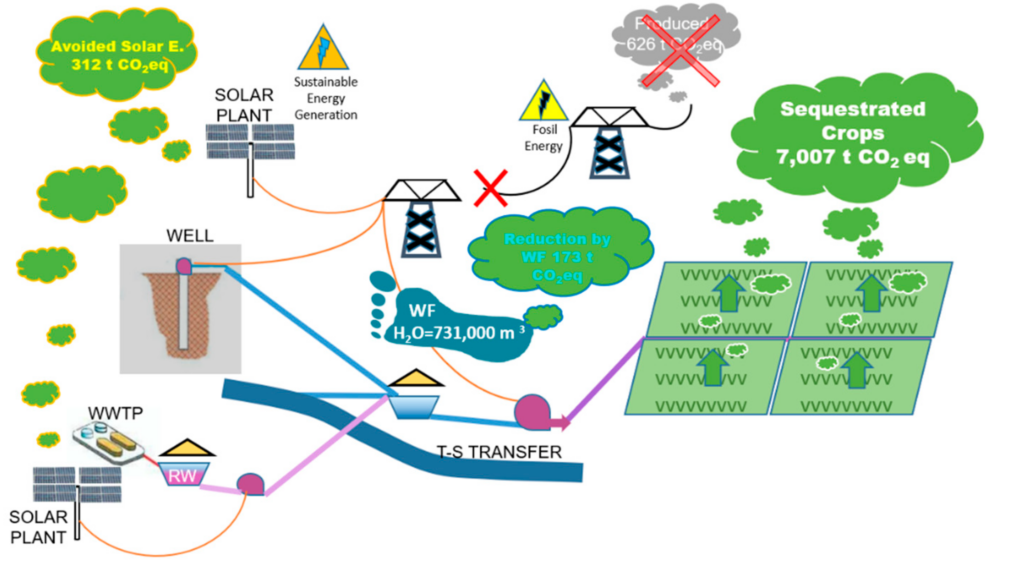
Water conservation is essential in the fight against climate change, and proper water storage plays a crucial role in minimizing environmental impact. As communities and industries seek sustainable practices, efficient water storage systems emerge as a key solution for reducing carbon footprint. By implementing smart storage techniques, individuals and businesses can lower energy consumption, decrease pollution, and contribute to a greener planet.
Reducing Energy Consumption in Water Supply
One of the primary ways proper water storage reduces carbon footprint is through energy efficiency. Many municipal water systems rely on pumps and treatment facilities that consume vast amounts of electricity, often sourced from fossil fuels. By storing water effectively, households and businesses can reduce their dependence on frequent water pumping, leading to lower energy usage and decreased greenhouse gas emissions.
Rainwater harvesting, for instance, allows people to collect and store water for future use, reducing the need for treated water and lowering the energy demand on municipal supply systems. Similarly, properly insulated water tanks help maintain temperature stability, reducing the need for excessive heating or cooling and consequently lowering electricity consumption.
Minimizing Water Waste and Resource Strain
Improper water storage often results in excessive waste due to leaks, evaporation, and inefficient use. Wasted water requires additional treatment and redistribution, increasing the carbon emissions associated with processing and transportation. By using sealed and durable water storage systems, individuals can prevent unnecessary waste and decrease the strain on water treatment plants.
Furthermore, industries reliant on large volumes of water can benefit from efficient storage by recycling water within their processes, reducing dependency on freshwater sources. Recycling industrial water helps decrease the overall carbon footprint by limiting the energy and chemical usage required for new water treatment.
Encouraging Sustainable Practices Like Rainwater Harvesting
Proper water storage supports sustainable practices such as rainwater harvesting, greywater recycling, and groundwater recharge. Harvesting rainwater reduces reliance on municipal supplies and minimizes the energy-intensive process of extracting and treating fresh water. This sustainable approach lowers carbon emissions by decreasing dependence on energy-consuming water distribution systems.
Greywater recycling, which repurposes used water from sinks and showers, is another effective method of reducing environmental impact. When stored correctly, greywater can be safely utilized for irrigation and other non-potable applications, promoting responsible water management.
Reducing Pollution and Protecting Natural Ecosystems
A well-designed water storage system prevents contamination and limits chemical runoff into surrounding ecosystems. Poor storage methods can lead to pollutants entering groundwater supplies, harming plant and animal life. By using environmentally friendly water tanks and ensuring proper maintenance, individuals can help reduce water pollution and protect biodiversity.
Additionally, lowering carbon emissions associated with water storage helps reduce global temperature rise, contributing to the broader fight against climate change. The collective impact of sustainable water management practices creates long-term benefits for both local communities and the planet.
Conclusion
Proper water storage is a vital component of sustainability and plays a significant role in reducing carbon footprint. By optimizing storage methods, minimizing waste, and embracing eco-friendly practices, individuals and industries can lower energy consumption, decrease pollution, and support environmental preservation. As the world prioritizes climate-conscious solutions, adopting efficient water storage techniques will pave the way for a more sustainable future.


